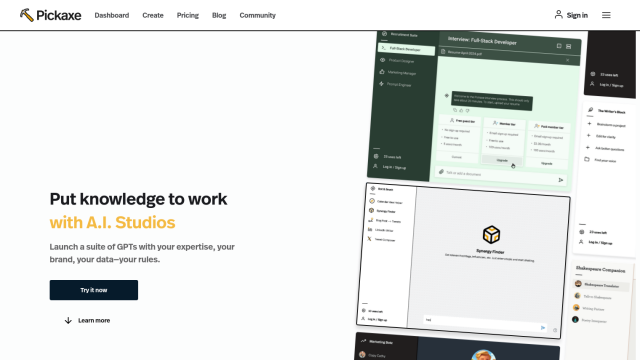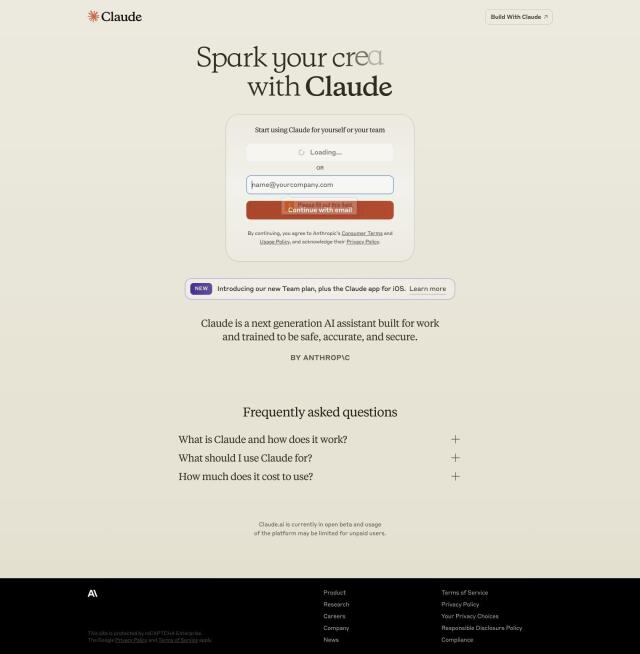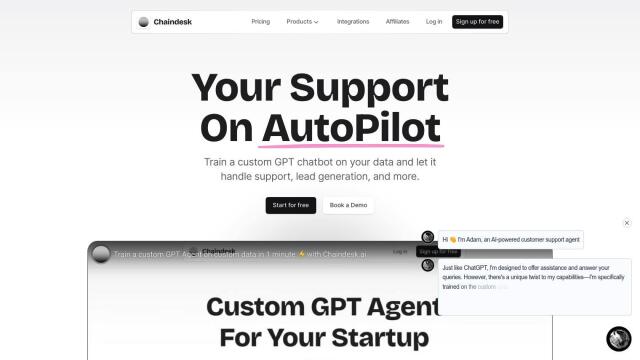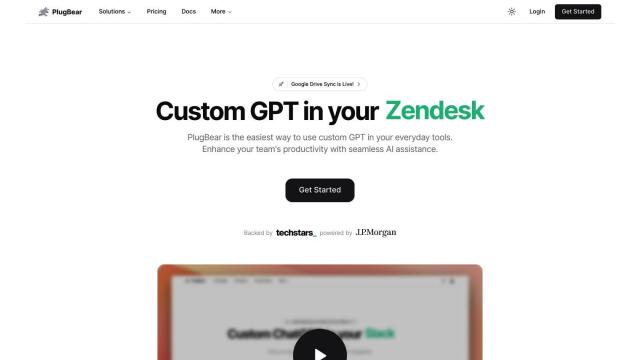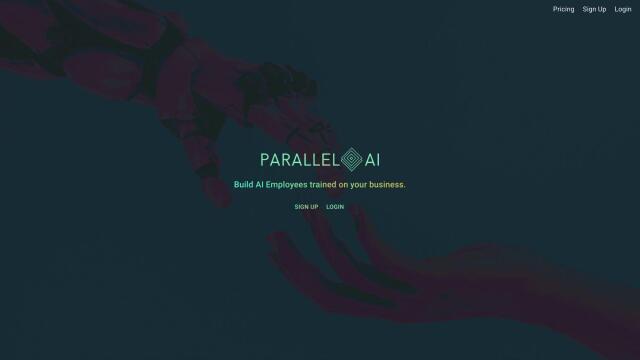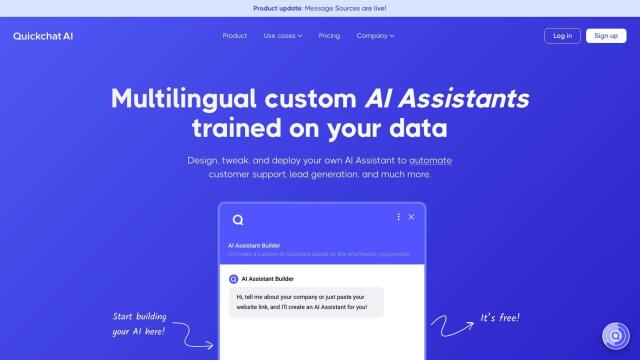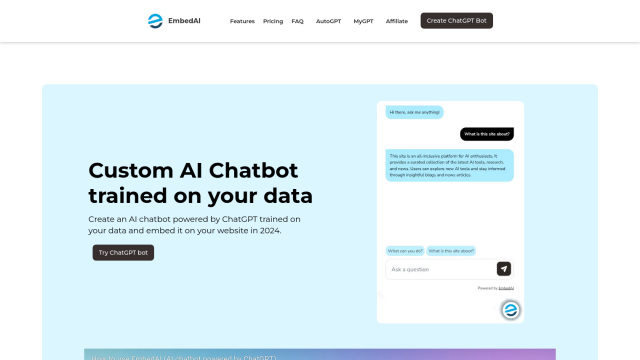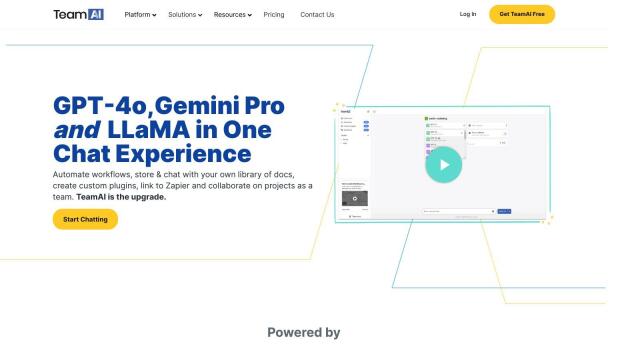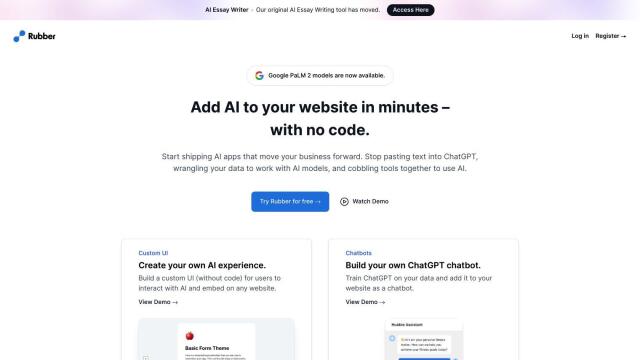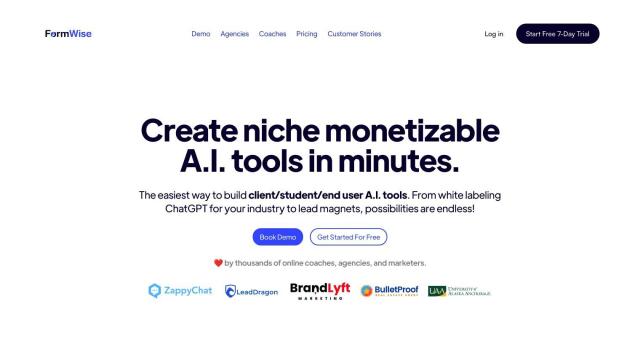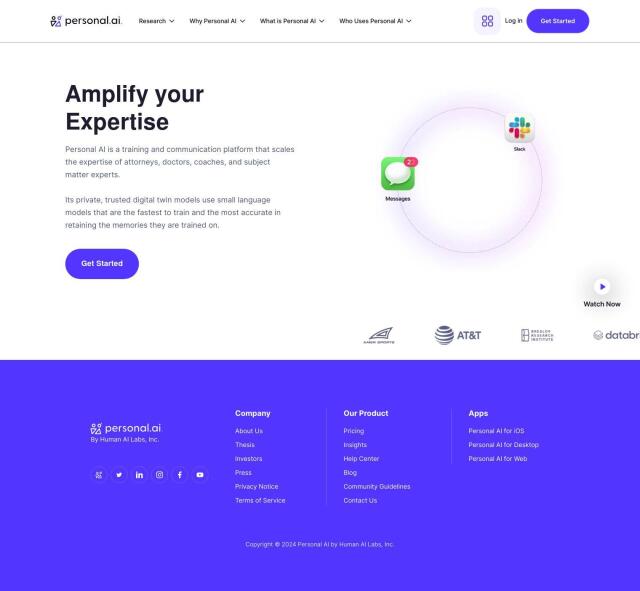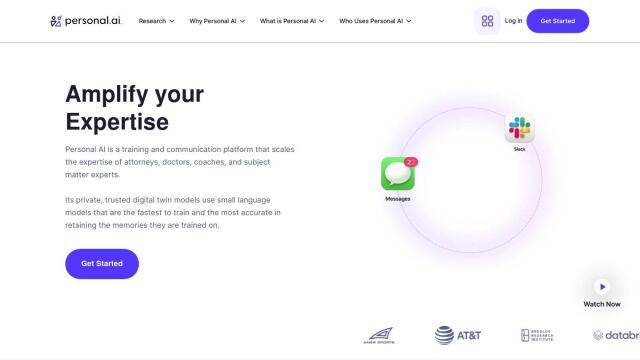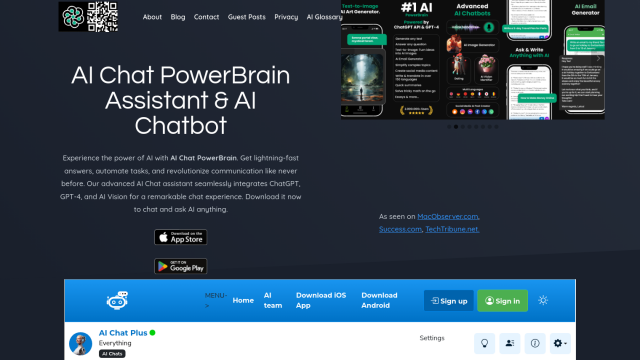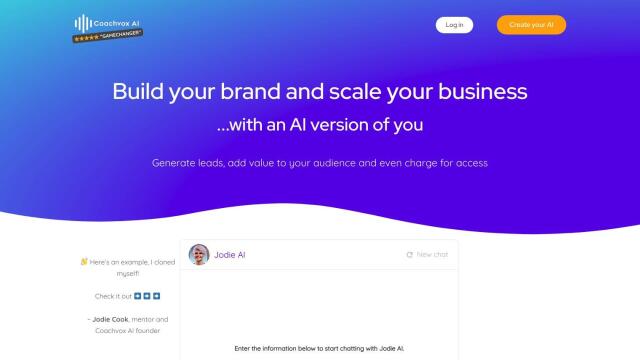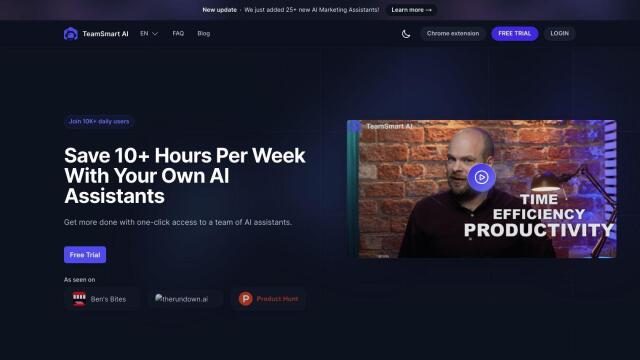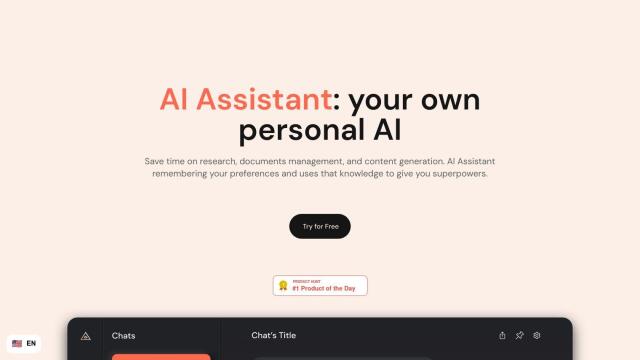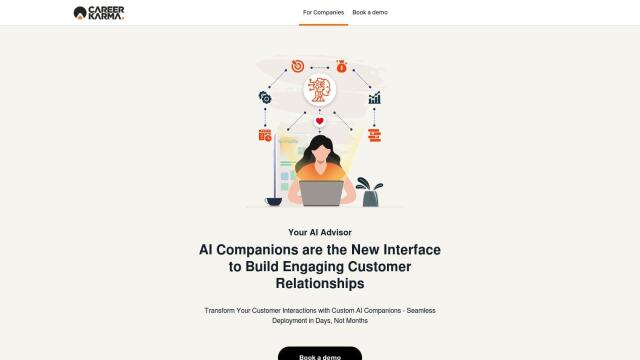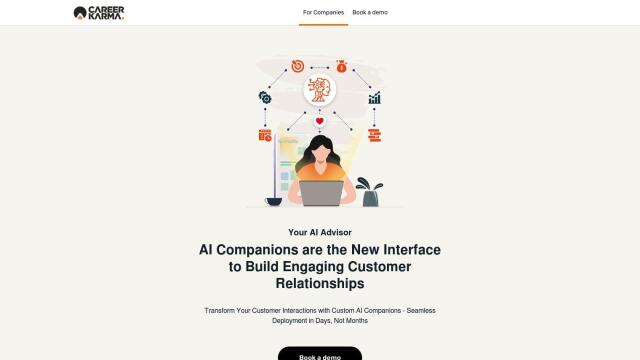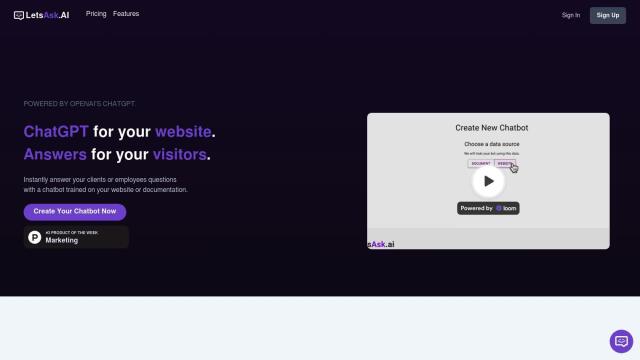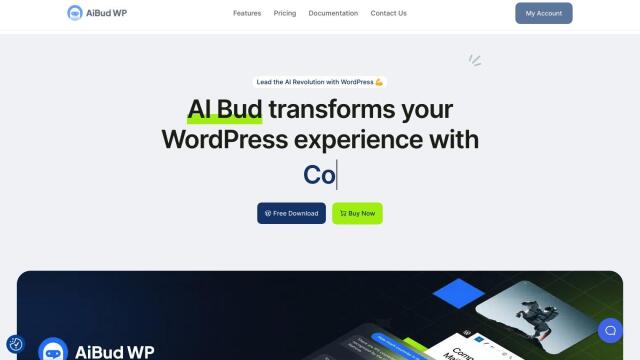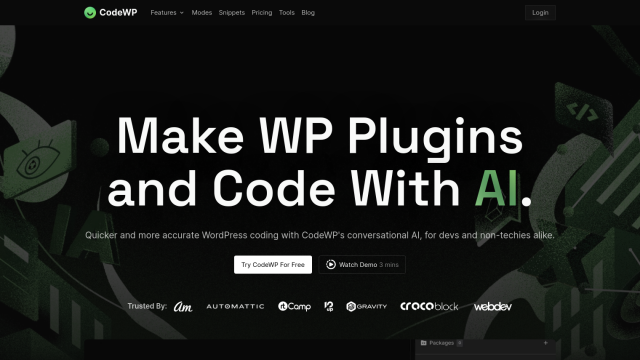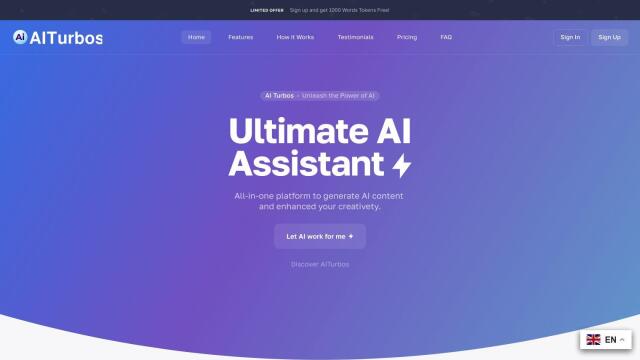Question: How can I create a personalized AI assistant that integrates with my existing tools and platforms, such as WordPress or GoDaddy?
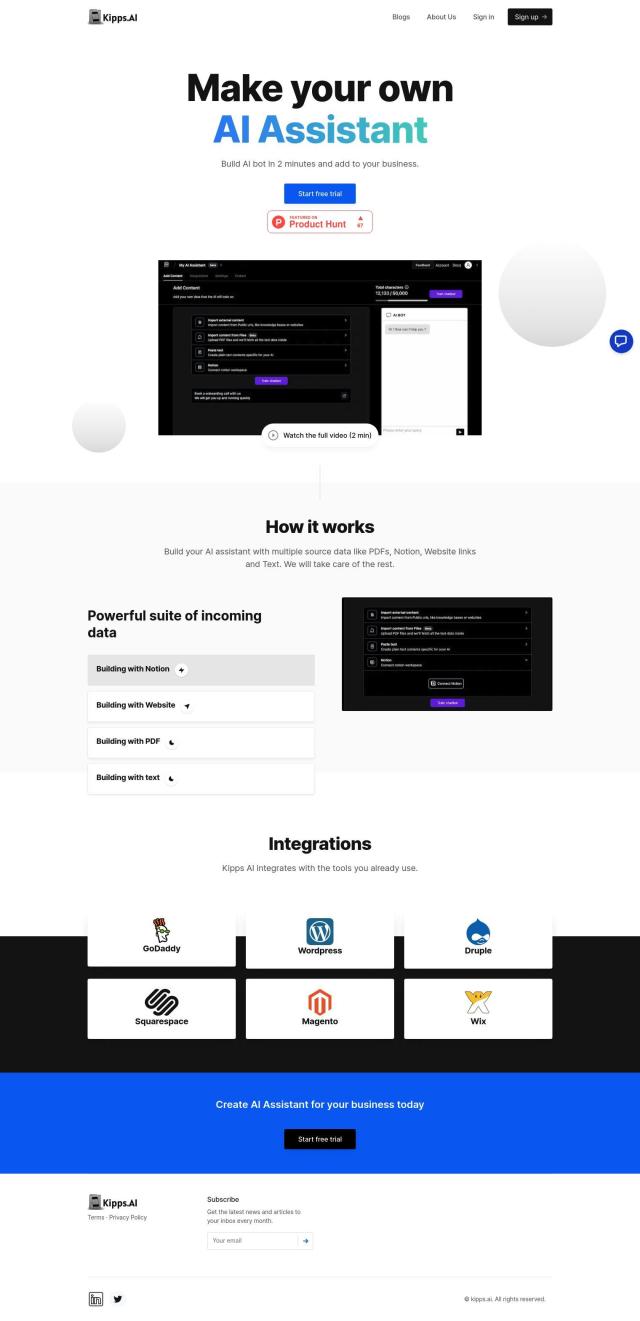
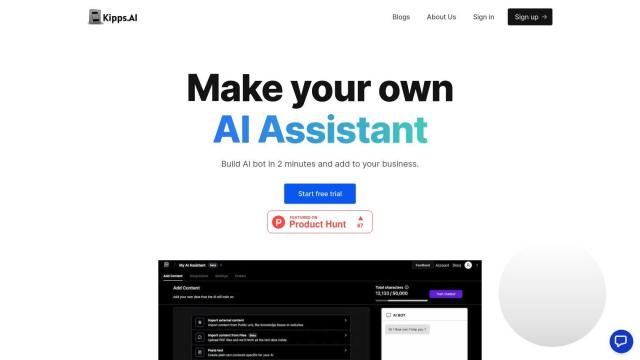
Kipps
If you want to create a custom AI assistant that dovetails with your own tools like WordPress or GoDaddy, Kipps is a good option. It lets you construct AI assistants by combining data from different sources, including PDFs, Notion and text. Kipps can connect to tools like GoDaddy, WordPress, Drupal, Squarespace, Magento and Wix, so you can easily tap into your existing online infrastructure for a more integrated experience. The service also offers advice and best practices to help you get the most out of AI.

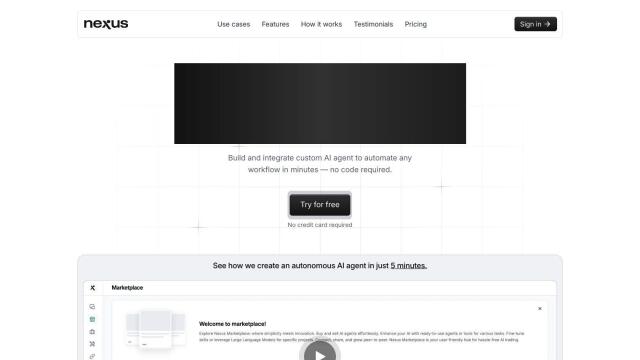
NexusGPT
Another option is NexusGPT, a no-code platform for building and linking your own custom AI agents. NexusGPT lets you automate lots of tasks and workflows by creating your own custom AI agents that combine data you upload and other tools. It can connect to other apps, including other AI models, and has a marketplace with more than 1,500 prebuilt agents. That means NexusGPT is a good choice for automating repetitive work and streamlining processes, even if you don't know how to program.

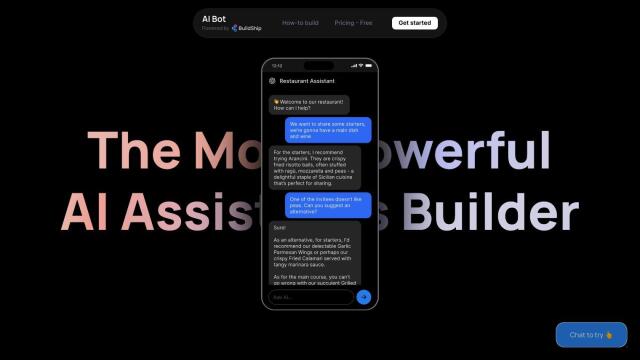
BuildShip
BuildShip is another option. It lets you create AI assistants with widely used models like OpenAI and connect with one-click access to APIs and encrypted database connections. BuildShip supports a range of chat apps including WhatsApp and Telegram and offers a chat widget integration. It offers a variety of templates to get you started, and its free plan is limited to a few workflows, so it's a good starting point for individuals and teams who want to create and grow their own AI assistants without a big upfront investment.

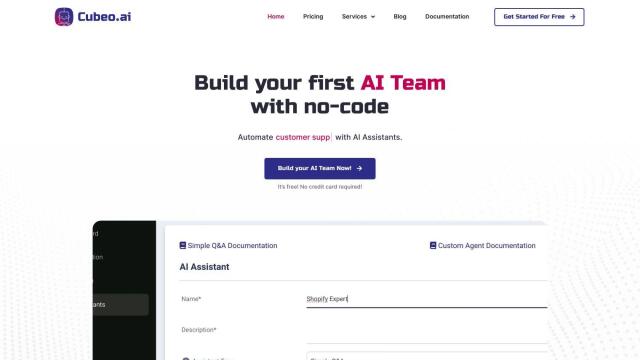
Cubeo AI
For a more complete service, Cubeo AI offers a no-code interface to create and train AI agents for many business needs. It has a wide range of integrations and supports a variety of Large Language Models from OpenAI and Anthropic. Cubeo AI is designed to help businesses boost productivity by automating routine work across departments and improve customer satisfaction.

